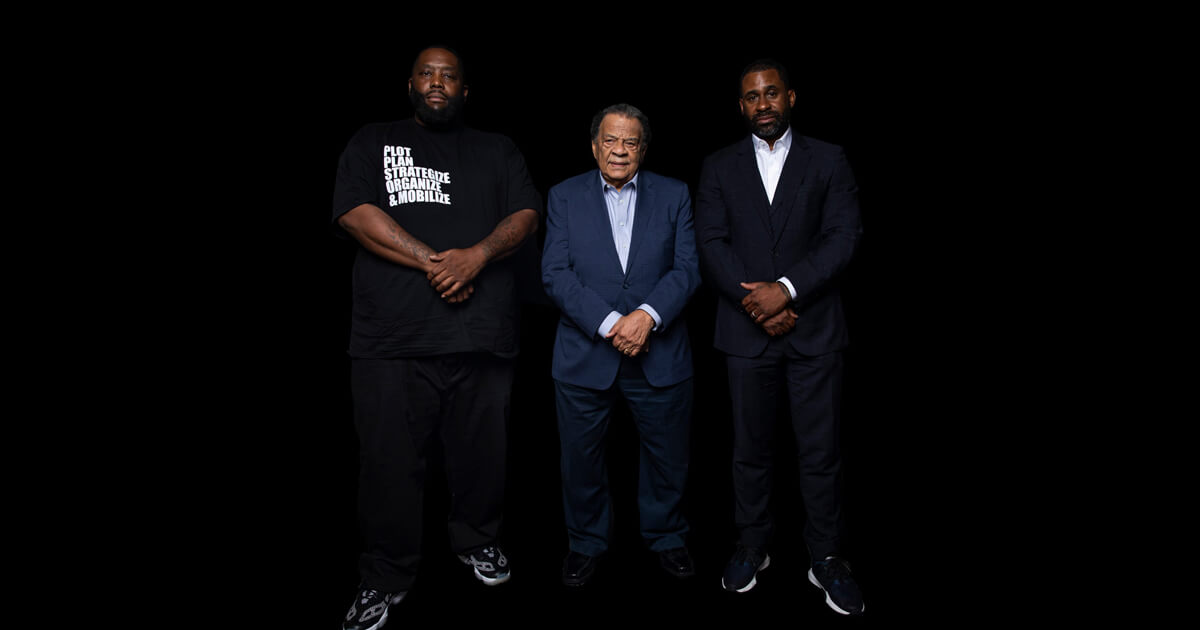A new wave of fintech platforms are bending the curve to make financial services available to Black and women-owned businesses by lowering costs and barriers to access. Black and Latinx communities are unequivocally overrepresented in the 63 million unbanked or underbanked Americans.
The democratization of financial services and digital payments has opened a gateway for Black entrepreneurs to use software platforms to significantly decrease the costs of basic transactions, among other shortfalls in the traditional banking system. There has long been a tale of two consumers with financial institutions where being poor comes with a higher cost. Low-income communities spend almost 10% of their disposable income on overdraft fees and annual interest rates that are associated with most checking accounts.
These financial conundrums frequently leave underserved and business communities vulnerable to predatory lenders and other subpar financial alternatives. The COVID-19 pandemic has been the great accelerator for digital banking as many consumers forgo cash for digital payment platforms. Businesses have adopted cashless platforms to avoid the transmission of germs. Meanwhile, consumers have shunned cash.
A survey conducted last summer by Rapyd, a global fintech organization, found that 54% of consumers were concerned about handling money due to COVID, and 60% will permanently adopt digital payment in the future. While a future without cash may seem far-fetched at the moment, it will surely exacerbate a socioeconomic dystopia in America without equitable and accessible banking options. The Plug spoke to a few mavericks in the fintech space who have made it their mission to equip underserved populations with tools and resources that’ll bolster economic empowerment.
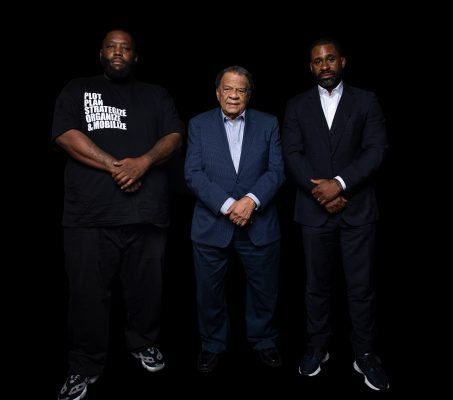
Company: Greenwood Financial
Co-founders: Ryan Glover, Andrew Young, Michael Killer Mike Render
Money Raised: $3 Million
Greenwood Financial is positioning itself to be the one-stop-shop banking source for Black and Latinx communities. The moniker was chosen to pay homage to the legendary Greenwood district in Tulsa, Oklahoma ‚Äì the birthplace of Black entrepreneurship, or Black Wall Street. Subsequent to the murder of George Floyd leading to several social justice protests across the U.S., the idea was pioneered by Atlanta-based entrepreneur and founder of Bounce TV, Ryan Glover, renowned civil rights leader Andrew Young, and rapper and social justice activist Michael Render, better known as “Killer Mike”.
Mistrust of banking institutions in Black and Brown communities has fermented for decades, largely because of covert discriminatory lending practices for home and business loans. Greenwood’s unique model is to provide a best-in-class online banking platform focused primarily on Black and Latinx individuals and businesses.
Our mission is to build economic strength by increasing the circulation of dollars in the Black community by providing residents and entrepreneurs in [these] demographics greater access to financial services that preserve and build wealth, Ryan Glover, Co-founder and Chairman of Greenwood Financial, told The Plug. Only five days after the announcement of the company on October 8th, 2020, the platform received more than 100,000 sign-ups. Some of the platform’s initial rollout features will consist of virtual debit cards, peer-to-peer transfers, mobile check deposits, lending, and free ATM usage in over 30,000 locations. The company is also planning to expand its financial offerings to include credit and investment products in 2022. Greenwood raised $3 million in seed funding from private investors and has already caught the eye of celebrity investors, including actor and activist Jesse Williams, who came on board as an investor last fall.
We are embarking on the next chapter of the Civil Rights movement as we champion equal economic and financial opportunity through ethical banking, Glover said. Launching Greenwood will continue this work of empowering Black and Brown people to have economic opportunities.
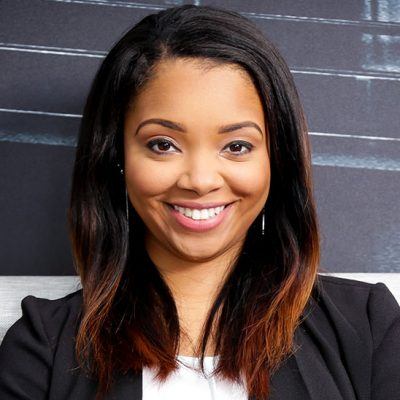
Company: CapWay
CEO & Founder: Sheena Allen
Money Raised:$650,000
Last year, The Plug reported on how digital banking platform CapWay delayed the rollout of its debit card to eager consumers. Headed by trailblazing millennial Sheena Allen, her affinity for technology has manifested in serving communities similar to where she grew up. Allen remembers her community of Terry, Mississippi, as a bank desert. With just one bank in the small town, most people, including her family and friends, relied on high fee alternatives such as payday lenders and cash-checking services.
CapWay was exclusively designed to bring trustworthy banking experiences to underbanked and unbanked populations and promote financial literacy to underserved communities that have been unsupported by traditional banks. The service ensures that customers can use the platform without having a minimum balance, concern of being charged an overdraft fee, and free remote deposits for checks. While digital banking trends cut across all generations, CapWay has focused on targeting millennials. Of the 75 million millennials in the U.S., almost 75% have used a digital banking service, according to Statista. That number is expected to increase in the coming year.
In CapWay’s early stages, Allen received $625,000 from renowned venture capital fund Backstage Capital, run by Arlan Hamilton. Most recently CapWay was one of five black-owned businesses, out of 300 applicants, that received $50,000 from Fluent, Inc.’s Business Empowerment Program. The company said the program’s initiative supports minority and women-led businesses’ success in today’s digital economy. The money awarded will be used for digital marketing resources to help accelerate business growth for each of the recipients

Company: BREAUX Capital
Co-founders: Derrius Quarles, Ras Asan and Brian Williams
Money Raised: Undisclosed
Derrius Quarles vividly recalls traveling across the U.S. with his business partners to secure funding for his business venture. All the meetings started differently but ended the same. We’d be told how great our business idea is and get commentary such as ‘that’s the best pitch I’ve ever heard in my life,’ Quarles said. But the only thing we would receive is a handshake. Those experiences became the breeding ground for he and his business partners to hone their entrepreneurial chops and kickstart BREAUX Capital, a company built on the premise of sourcing capital from Black and Brown communities with the goal to collectively support each other’s businesses. Our vision when we built BREAUX Capital is that we saw Black men coming together distinctly to create business models and being able to finance their own businesses, Derrius Quarles, co-founder, and CTO of Breaux Capital, told The Plug.
Since launching in 2016, the company has expanded to 12 U.S. cities, offering automated savings tools and exposure to a broad array of networks to users. Derrius Quarles’ innate ability to be a change agent in the finance realm and empower generations after him has been a catalyst to his meteoric rise as one of the youngest and most influential entrepreneurs today. Born and bred on the Southside of Chicago, not having the odds in his favor was something he was immune to. Growing up in a foster home for most of his childhood, Quarles said he wasn’t a bookworm but always operated with an entrepreneurial mindset. I started my first business when I was a freshman in high school selling candy, Quarles said. Mostly out of necessity and being raised in poverty, I knew I had to be scrappy if I wanted to achieve things I wanted for myself.
While attending Morehouse College, Quarles launched his second business and published his book, Million Dollar Scholar, after receiving over $1 million in scholarship money. Being awarded that amount I realized just how much that information wasn’t accessible to low-income students, Quarles said. One of BREAUX Capital’s main pillars is educating members on how to implement basic financial practices. A Pew Research study found that 1 in 4 Americans have withdrawn money from their savings to stay financially afloat during the COVID-19 pandemic. However, Black families lack that option, with 42% of households not having a savings account. A lot of people hear that statistic and it doesn’t seem real to them, Quarles said. We’ve created a system that allows folks to automate their savings and we’ve helped our members avoid 15 or more financial emergencies when they would have gone to a payday lender.
With the net worth of white families being at least five times, some experts argue as much as ten times, that of Black families, coupled with the dwindling wealth of Black households amidst the COVID-19 pandemic, Quarles equates today’s economic situation to a modern-day financial apartheid for Black Americans. This is a civil rights issue of our time, Quarles said. What we’ve shown with BREAUX Capital is the need for platforms like ours and that Black men shouldn’t be an afterthought. We have a unique culture and unique needs that can be leveraged to create business models that are distinct to us.
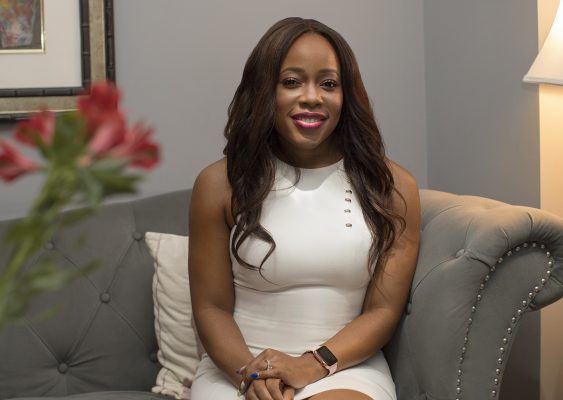
Company: EnrichHER
Founder & CEO: Roshawnna Novellus
Money Raised: $770,000
The power of networking can never be an overstatement for Roshawnna Novellus. Ingrained in her at just 12 years old, Novellus’ resourcefulness became the backbone for building her company. Now, she’s using her business to empower women and Black-owned businesses to do the same. My mom impressed upon me how all women had to have their own economic power, Novellus told The Plug.
With my engineering background, I realized that lack of financial inclusion is the reason why people don’t live a life in alignment with their dream. That made me want to become a solution provider in the fintech space. Coming up on two years, EnrichHER hopes to be the premier resource for fast-tracking the growth of new majority businesses by creating a seamless entry point for entrepreneurs to gain access to capital by pooling funds from private investors, corporations and non-profit foundations. I don’t like to use the term minority because to me it means less than, Novellus said.
The new majority is women, people of color, the LBGTQ community, and all of the people that don’t get the services and products that they deserve. We are the new majority and we deserve to have access to all of the resources and capital as much as we want. The pandemic upended big plans Novellus had originally mapped out at the start of 2020. Several months later it became a huge blessing for us because big brands were supporting Black and women-owned businesses, she said, referring to the movement to support Black-owned businesses that were ignited last summer. We were being sought about by organizations to be a catalyst for change and ended up in a better position to help more companies than we were before, Novellus said. Black and women-owned businesses have been disproportionately crippled financially since the onset of the pandemic.
More than 41% of Black-owned businesses have closed permanently, numerous Black small businesses were shut out of the first round of government grants and financial relief programs at the start of the pandemic, most notably the Paycheck Protection Program (PPP). It showed how much of a gap there is because of not being a part of the financial ecosystem, Novellus said. People who didn’t have any financial records and who weren’t integrated in the system didn’t get that money. EnrichHER ‘s accelerator program generated over $375,000 in capital that was invested in its first cohort of seven women-led, Black-owned and new majority companies.
Having already secured partnerships with Logitech, PayPal, and Mastercard, Novellus is hopeful the momentum will continue. My goal is to partner with at least 10 other brands and unlock $30 million this year to deploy to members of this community that’s what I’m laser-focused on.
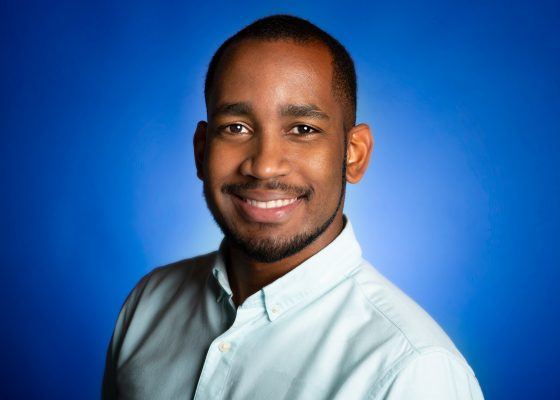
Company: St
ovo
Founder & CEO: Hantz Févry
Money Raised: $2.5 Million
A serial social entrepreneur with a knack for using AI-driven models for sustainable change is one of a few ways to describe Hantz Févry. After working at Google as the innovation lead for Europe, Africa and the Middle East with the help and funding of his former CTO, Févry embarked on a new journey to launch Stoovo, a gig economy platform tailored to help gig workers manage their bills, grow their cash flow and optimize their income to build long-term financial security.
A lot of financial platforms are trying to help gig workers and have good intentions to help them save money, F√©vry said. We realized that the problem wasn’t that they were not saving, it’s that they weren’t earning enough in the first place. Stoovo could help them earn more, be there to help them strategize, and provide financial products to help them save. F√©vry’s first entrepreneurial endeavor for social good derived from a tragedy when a 7.0 magnitude earthquake leveled his native country of Haiti on January 12th, 2010.
In Haiti, 56% of the population lives in poverty and 26% fall in the category of extreme poverty. More than 96% of the country is exposed to natural hazards, with limited resources and lack technological advancements to detect natural disasters, which F√©vry sought to change. After researching earthquake warning devices, he was able to source a Chinese company that created what he was looking for.I signed a $3 million contract with the Chinese government to bring this technology to Haiti to help Haitian people in case [there’s] another earthquake, F√©vry told The Plug. My passion for Stoovo is building a business for people that are completely left alone and use technology to help them.
Now at Stoovo, F√©vry has devoted his mission to narrowing the gap of financial protections of gig workers and building out a fully integrated platform to make managing finances much more seamless. The American workforce is increasingly evolving as contingent workers make up a significant fabric of the labor force. COVID-19 will only hasten the growth of independent works as federal payroll jobs are slow to rebound along with lackluster economic growth. It is estimated that by 2050, 50% of the U.S. workforce will be made up of freelance or contingent workers. The gig economy typically skews younger and consists of individuals who don’t have a college degree. 10% of Blacks identify as contingent workers compared to 9% who work traditional jobs.
In non-traditional jobs, most Black and Latinx workers are offered lower-wage jobs as opposed to consultant-based workers, who are more likely white. However, the contingent workforce as a whole is a significant segment of the population that remains underbanked or unbanked. The financial system was built around W-2 workers, F√©vry said. We don’t just offer bank accounts to keep their money but we also automate all of their finances, including their tax payments to make sure they are taking out the right deductions. Stoovo is only two years old, but F√©vry is looking to make its presence known throughout the California area and eventually scale its operations and visibility to gig workers across the U.S.

